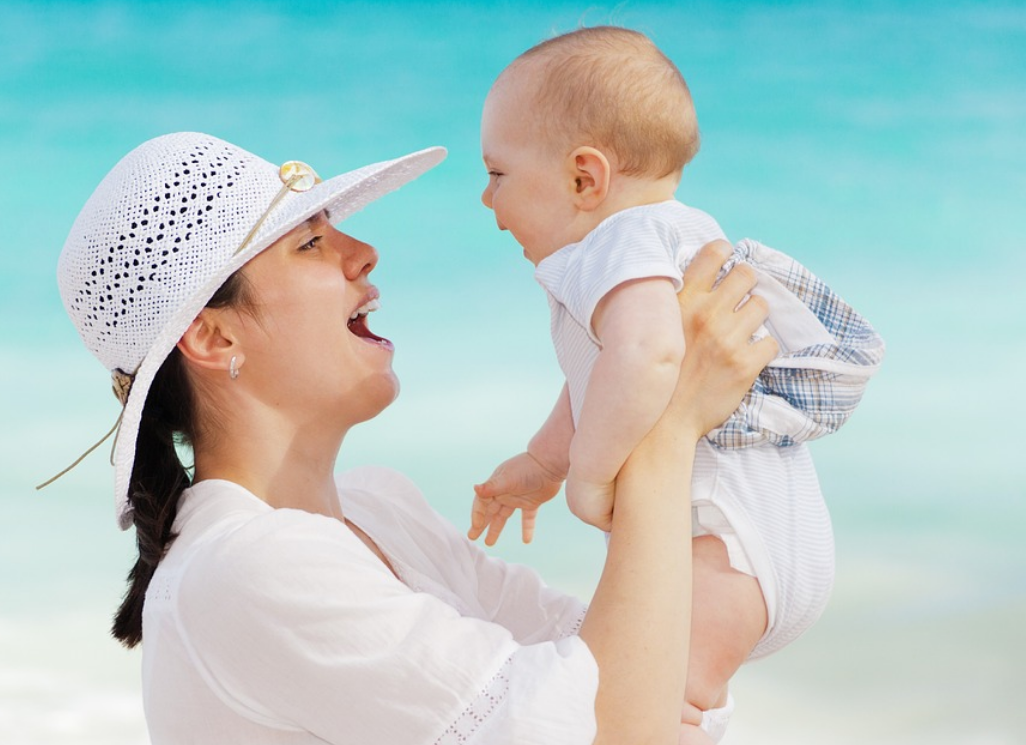Pregnancy is a time of great emotional and physical changes for both the mother and the growing baby. As a mother-to-be, you may have wondered if your baby can feel your emotions while still in the womb. While there is no definitive answer to this question, there is evidence to suggest that babies can pick up on their mother’s emotions in the womb. In this article, we will explore the research on this topic and discuss what it means for expectant mothers.
The Science of Prenatal Emotions
Research has shown that the fetus is capable of sensing and reacting to external stimuli as early as the second trimester. This includes stimuli such as light, sound, and touch. The fetus also has the ability to learn and remember, and studies have shown that they can recognize and respond to familiar sounds, such as their mother’s voice.
But what about emotions? Can a developing fetus sense and respond to their mother’s emotions in the womb? While there is limited research on this topic, some studies have suggested that it is possible.
One study published in the journal Infancy found that babies in the womb responded to their mother’s emotional state by changing their heart rate. The study involved 60 pregnant women who listened to a recording of a happy or sad story while their fetal heart rate was monitored. The results showed that when the mother listened to the sad story, the fetal heart rate slowed down, indicating a change in the baby’s emotional state.
Another study published in the journal Developmental Psychology found that babies in the womb were able to recognize and respond to their mother’s emotional expressions. The study involved 24 pregnant women who were asked to make a happy or sad facial expression while their fetal heart rate was monitored. The results showed that when the mother made a sad expression, the fetal heart rate increased, indicating a change in the baby’s emotional state.
While these studies are small and limited in scope, they suggest that there may be a connection between a mother’s emotional state and the emotional state of her developing fetus.
The Importance of Prenatal Emotional Health
If babies can pick up on their mother’s emotions in the womb, what does this mean for expectant mothers? It means that taking care of your emotional health during pregnancy is just as important as taking care of your physical health.
Prenatal emotional health can be influenced by a variety of factors, including stress, anxiety, depression, and social support. It is important for expectant mothers to seek support and resources to help manage these factors, as they can have a significant impact on both the mother and the developing baby.
Stress, for example, can lead to the release of stress hormones, such as cortisol, which can have a negative impact on fetal development. Studies have shown that maternal stress during pregnancy is associated with a higher risk of preterm birth, low birth weight, and developmental delays.
On the other hand, social support and positive emotional experiences during pregnancy have been shown to have a protective effect on both the mother and the baby. One study published in the journal Pediatrics found that pregnant women who received social support had a lower risk of preterm birth and low birth weight.
Tips for Promoting Prenatal Emotional Health
Taking care of your emotional health during pregnancy can be challenging, but there are steps you can take to promote a healthy emotional state.
- Seek support: Reach out to friends, family, or a support group for help managing stress and anxiety.
- Practice self-care: Take time for yourself to do activities that you enjoy, such as reading, taking a bath, or going for a walk.
- Get enough sleep: Aim for 7-9 hours of sleep each night to help manage stress and promote a healthy pregnancy.
- Practice relaxation techniques: Yoga, meditation, and deep breathing exercises can help promote relaxation and reduce stress.
- Talk to your healthcare provider: If you are struggling with anxiety or depression during pregnancy, talk to your healthcare provider about treatment options.
Conclusion
While the research on fetal emotions is still limited, there is evidence to suggest that developing fetuses can sense and respond to their mother’s emotional state. This highlights the importance of taking care of your emotional health during pregnancy, as it can have a significant impact on both you and your developing baby. By seeking support, practicing self-care, and talking to your healthcare provider, you can help promote a healthy emotional state during pregnancy and beyond.
- Can Babies Feel Their Mothers’ Emotions in the Womb? - March 21, 2023
- The Invisible Changes of Pregnancy - March 21, 2023
- 4 Foods to Improve Your Sleep Quality - March 21, 2023

